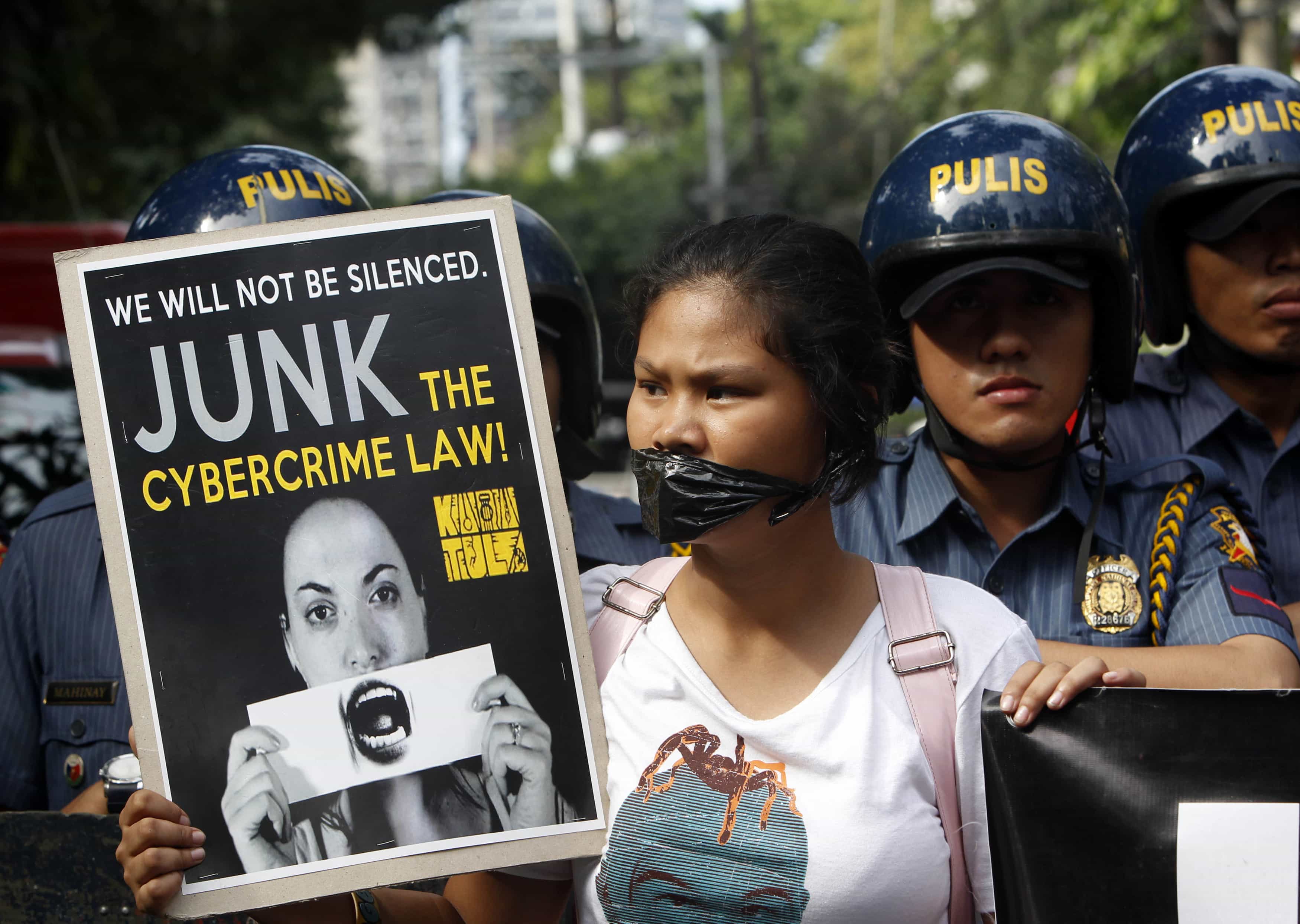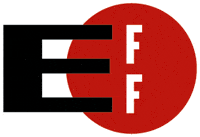Articles by Electronic Frontier Foundation (EFF)

Philippines: Inching toward censorship
The Philippines’ controversial Cybercrime Prevention Act has been attacked by journalists and rights groups who oppose its draconian legislation, in particular, the libel provision that criminalizes anonymous online criticism.

EFF welcomes Yahoo plan to protect users through new encryption measures
EFF welcomes the news that Yahoo is carrying through a concerted effort to protect users across its sites and services by rolling out routine encryption in several parts of its infrastructure.

UN must reject mass surveillance to protect global privacy rights
In response to a consultation being undertaken by the UN on the right to privacy in the digital age, Privacy International in conjunction with six other groups called on the UN to recognise that mass surveillance is incompatible with human rights.

404 Day: A day of action against censorship in U.S. libraries
Join EFF on 4 April for 404 Day, a nation-wide day of action to call attention to the long-standing problem of Internet censorship in U.S. public libraries and public schools.

Getty Images allows free embedding, but at what cost to privacy?
Getty Images – among the world’s largest providers of stock and editorial photos – has announced a major change to the way it is offering its pictures for sites to use. While welcome in some ways, the move rings alarm bells – especially from a privacy perspective.

How to apply international human rights law to NSA spying
During the 110th UN Human Rights Committee session, the Committee will review the U.S.’s human rights records. In particular, the Committee will be scrutinizing the country’s mass surveillance practices and its compliance with Article 17 on the right to privacy.

U.S. attorney dismisses majority of charges against journalist Barrett Brown
The U.S. Attorney for the Northern District of Texas has filed a motion to dismiss 11 charges against Barrett Brown in a criminal prosecution that would have had massive implications for journalism. Brown was prosecuted after he shared a link to thousands of pages of stolen documents.

Mexican protest site censored with the U.S. embassy’s help
The Mexican website 1dmx.org, was set up in the wake of a set of controversial December 1st 2012 protests against the inauguration of the new President of Mexico, Enrique Peña Nieto. On December 2nd, 2013, the site disappeared offline with no prior notice.
